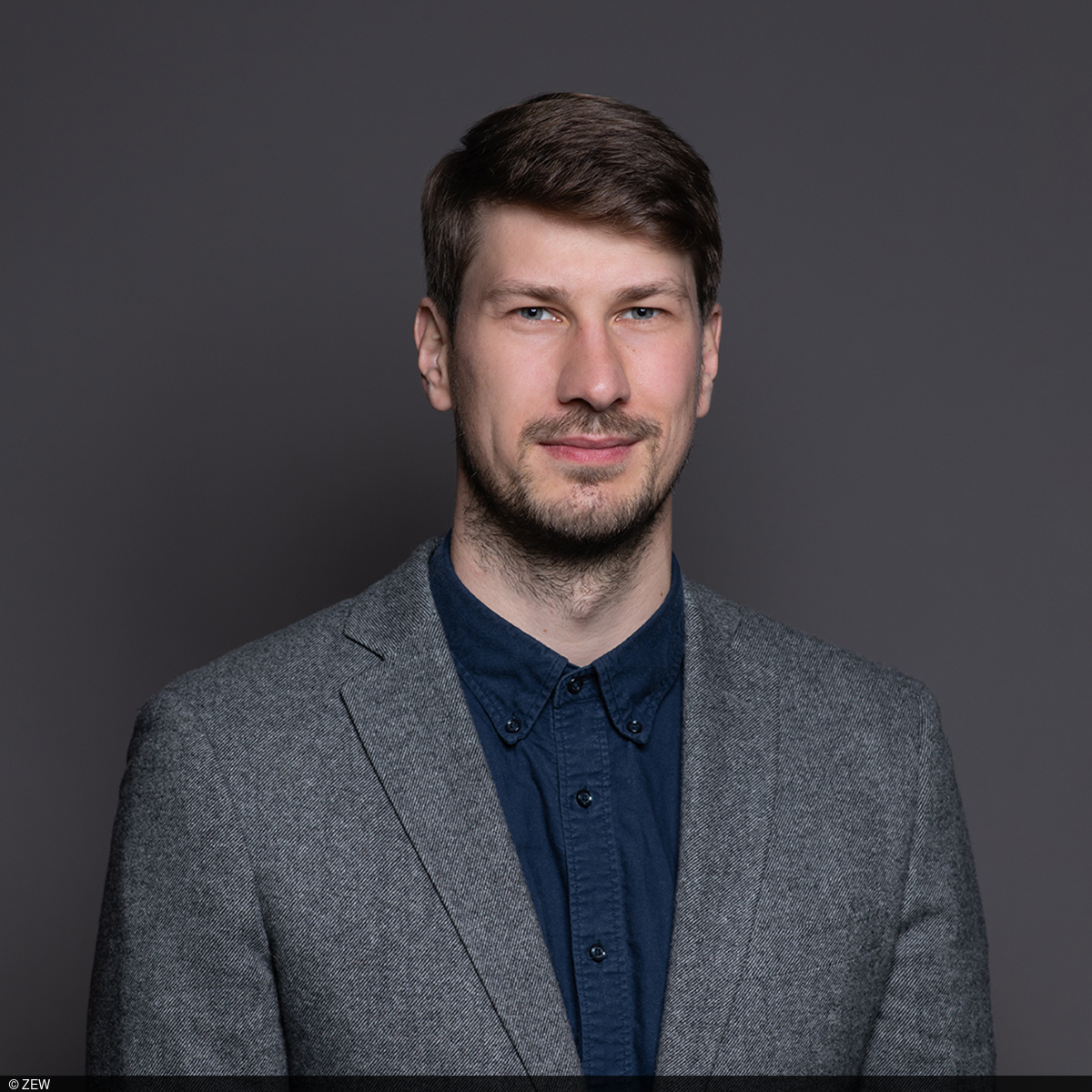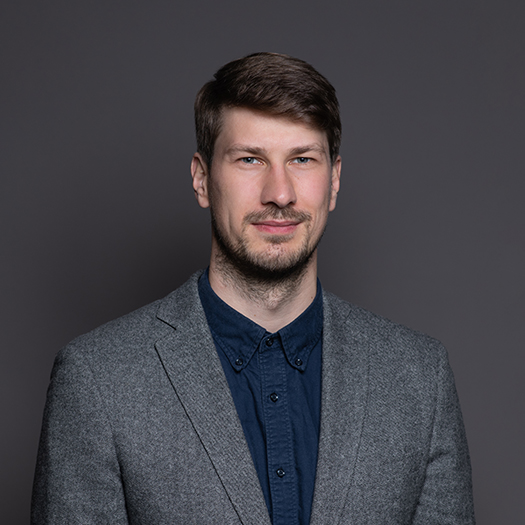More Housing and Childcare Opportunities Needed to Attract Skilled Professionals
CommentZEW Economist Martin Lange on the Second Phase of the Skilled Immigration Act
The second phase of the expanded Skilled Immigration Act goes into effect on 1 March 2024. The new regulation will create new immigration opportunities for people with practical work experience. In addition, the “lane change” for temporary asylum seekers who can apply for a residence permit in this way will take effect. Dr. Martin Lange, head of the Junior Research Group “Integration of Migrants and Attitudes Towards the Welfare State (IMES)” at ZEW Mannheim, has commented on this matter:
“The linchpin of the reform signifies a paradigm shift in immigration policy. People from the safe third countries can take up employment in Germany under certain conditions without first having to have their qualifications recognised. This saves time at the administrative offices and reduces stress for immigrant skilled workers. However, there are still problems with this. In order to qualify for this immigration path, there exists an obligation to provide proof of a disproportionately high income. This mainly affects sectors without collective labour agreements and those with relatively low wages. The federal government should make improvements in this regard to enable more immigration via this channel.
Another welcome reform is the “lane change” for temporary asylum seekers. They can now switch to a residence permit designated for skilled workers if they are able to provide proof of the required qualifications. It is essential to provide this group with easier access to the labour market and better prospects of remaining in Germany if we hope to make permanent use of their labour force potential.
Nevertheless, the reform is not a great success. For that to happen, immigration from third countries would have to be made much more attractive. For example, administrative hurdles and high earnings thresholds would need to be removed. In addition, politicians would need to expand the infrastructure in urban centres so that the new skilled workers could find sufficient and affordable housing and childcare. Germany has to compete internationally for well-trained skilled workers. Without further efforts and a more welcoming culture, Germany will not be able to eliminate its shortage of skilled professionals.”


